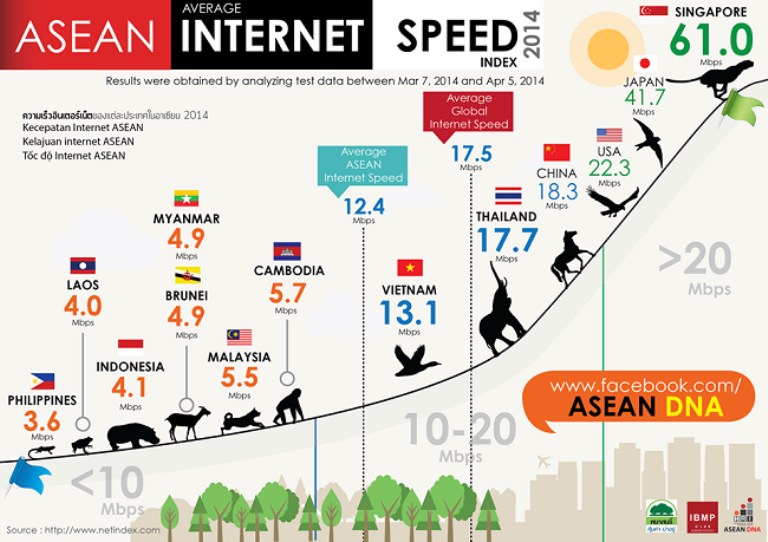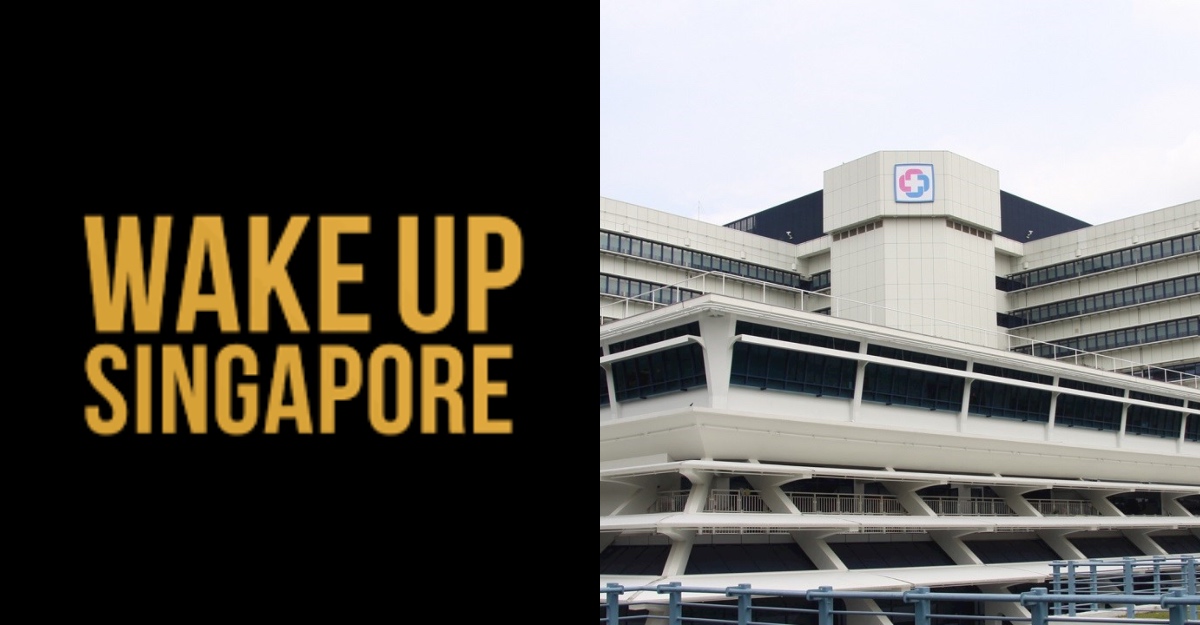Slow. Expensive. Unreliable. Three words that many Filipinos use to define the state of the Internet in the Philippines. And no, I’m not exaggerating.
According to Net Index by Ookla, the Philippines has the slowest Internet speed in the entire Southeast Asian region. The country also lags behind in terms of broadband speed in the entire world—just around 30 places shy of the last place in 190 countries.

Another report, this time from Akamai, confirms this finding. In its State of the Internet report for the fourth quarter of 2013, the cloud services firm notes the country has an average broadband speed of 2.0 Mbps, just ahead of Vietnam, Indonesia and India but a far cry from South Korea, Japan and Hong Kong with 21.9, 12.8 and 12.2 Mbps, respectively.
Despite the slow Internet speed though, it would seem Filipinos pay the most for the service. For example, I pay around Php1,000 (US$22) per month for my “up to 2 Mbps” broadband connection. According to Senator Paolo Benigno “Bam” Aquino IV, our neighbors pay a relatively lower price for much faster Internet connection. He gave the following examples: Singapore’s Singtel charges 36.9 Singaporean dollars (US$29) for 15 Mbps per month and Thailand’s True Internet offers 12 Mbps for 799 baht (US$25).

Luckily, this grim situation could have a silver lining.
Solution #1: Broadband Internet as a Basic Service
Right now, Philippine broadband Internet is a value-added service as per Republic Act 7925 or the Public Telecommunications Policy Act of 1995. The service is considered a commercial transaction and as such, can only be regulated by the government in terms of quality not price.

And that’s something Senator Aquino wants to change. The Philippine senator proposes that the government reclassify broadband internet and make it a basic service.
“Amend the law, make Internet as a basic service, and then have government to step in and regulate the sector, this is one extreme example,” Senator Bam Aquino said during a Senate hearing.

By regulate, Senator Aquino specifically means setting minimum standards and setting parameters in terms of pricing, too. In the government’s exercise of its powers to regulate the telecommunications industry, it is hoped that “slow and expensive Internet connection” would become a thing of the past (Fingers crossed!).
However, according to Geronimo Sy, the Department of Justice Assistant Secretary, the National Telecommunications Commission (NTC) can “declare Internet connectivity as a basic service on its own”. This is clearly stated in the NTC’s mandate, which is “to measure and monitor the quality of service delivered by the service providers”, GMA quotes Engineer Pierre Galla of Democracy.net.ph as saying.
Solution #2: PLDT Wants Google, Yahoo, Facebook, Twitter to Bring Content to the PH

There is another solution to speed up broadband connection in the country, said Ramon Isberto, the public affairs head of PLDT and Smart Communication. And that is to convince Internet media owners, like Google, Yahoo, Facebook and Twitter, to bring their content to local Internet exchanges.
According to Techopedia, an Internet exchange happens when major network providers connect their networks and exchange traffic via a physical network access point known as Internet exchange point or IXP. An IXP eliminates the need for third-party networks in facilitating network interconnections allowing high speed data transfer and improving bandwith, among other advantages.

Currently, around 80% of the Philippines’ Internet traffic is sourced overseas, said Isberto. “Your Facebook, Twitter, Yahoo mail, Gmail, are all in overseas servers.”
Isberto did note that the matter is now under negotiations as per NewsBytes.ph. “We are trying to create a situation where it would be in the best interest of content owners in bringing their content in Internet exchanges here,” Isberto stated.








